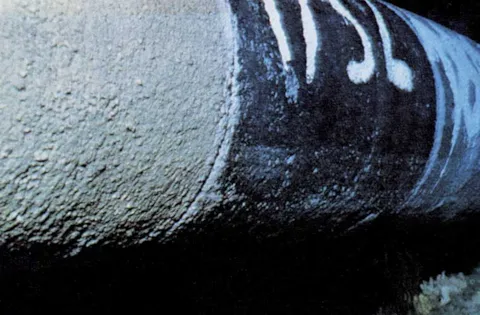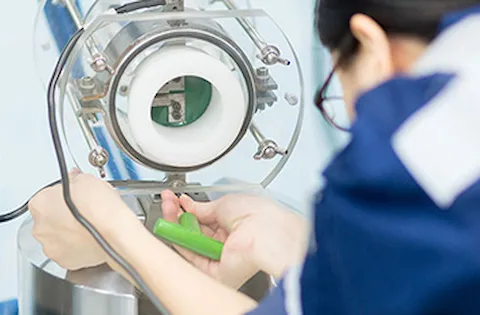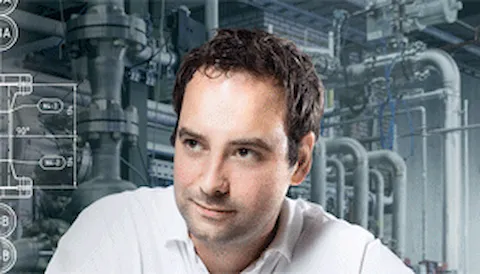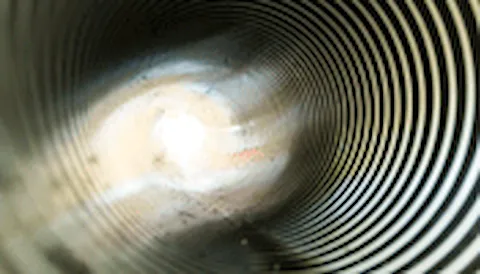Corrosion testing
Corrosion and material degradation are tested and evaluated at our corrosion testing laboratories, at four locations in Europe, the United States and Asia.
Corrosion testing
Corrosion degradation leads to huge costs every year as described in a DNV-led study. To help the industry find cost-optimal solutions DNV carries out corrosion testing and corrosion evaluations at our corrosion testing laboratories.
Corrosion testing laboratories
DNV has specialized corrosion testing laboratories located in the USA (Columbus, OH), Norway (Bergen), Singapore and UK (Loughborough).
We test both metallic and non-metallic materials, with specialties in harsh environments such as H2S sour service testing and high pressure – high temperature (HPHT).
Our highly skilled and experienced materials scientists and engineers study a variety of material threats. The corrosion laboratory services cover material and corrosion technology – general and local corrosion, H2S sour service, coating degradation, materials compatibility, stress corrosion cracking, corrosion fatigue, thermal fatigue, creep, high-temperature corrosion, microbiologically-influenced corrosion (MIC corrosion), and fracture mechanics.
A systematic, rigorous and detailed approach to material science is supported by in-depth knowledge of applicable codes, standards and regulations with state-of-the-art corrosion laboratory and modelling tools.
Our experts provide material selection and corrosion assessment, recommending mitigation and prevention measures.
Sour service H2S corrosion
For oil and gas pipelines and processing plants sour service H2S containing environments have to be managed to ensure the integrity of an installation. Materials to be exposed in sour environment needs to be qualified for the actual application, if not pre-qualified (ref. ISO 15156/NACE MR 0175).
DNV has world-leading expertise in multiple locations around the world for H2S testing including elevated temperatures and pressures.
Coating testing
To obtain and ensure satisfactory standard of the coating in its intended environment, DNV is accredited to conduct several standardized coating tests. Customized tests help customers identify the cost-optimal coating system.
Environmentally-induced crack testing
A specific area of expertise is environmentally-induced crack testing. DNV has world-leading expertise in Hydrogen Induced Stress Cracking (HISC) and Stress Corrosion Cracking (SCC) testing. We have also developed models for cracking mechanisms and guidelines on how to avoid this.
Laboratories providing corrosion testing
Related articles

Choosing the best materials to avoid environmentally assisted cracking
Expert advice before the design stage draws on testing and modelling to help specify the right materials for oil and gas equipment.

Three ways to overcome materials challenges in sour service fields
Improving asset reliability when faced with complex materials and integrity challenges in sour service field developments.

Preventing external corrosion failures
External corrosion is a threat to most equipment in every process facility and deserves closer analysis and prediction than it currently receives.
What causes materials failure in oil & gas and maritime equipment?
Systematic and thorough analysis is required to say with confidence what kind of failure is involved and what led to it
Tubes and piping are the most failure-prone components
In a study of 1,000+ cases in oil & gas and maritime, research by DNV’s laboratories also identify fatigue and corrosion to be the most common modes of component failure.





